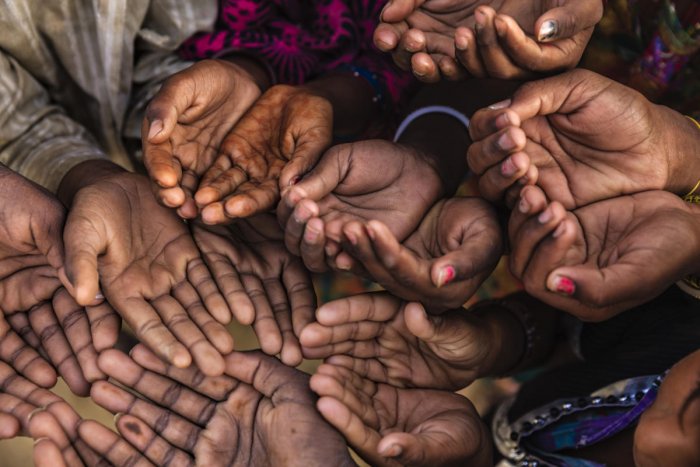
What Should We, the People, Do During Times of War?
No one wants to live through the sound of sirens, the fear of airstrikes, or the uncertainty of tomorrow. Yet, here we are—watching the news, hearing about cross-border attacks, and wondering what this all means for us and our loved ones.
In times like these, we often feel powerless. But the truth is, we’re not. There are things we can do—not just to stay safe, but to stay human, helpful, and strong for one another.
1. Be Aware, Not Afraid
First things first—don’t panic. Fear spreads faster than facts.
Yes, it’s important to stay updated. But choose your sources wisely. Rely on:
Government alerts
Trusted news channels
Community announcements
And when you see something online—pause before sharing. A single false message can cause chaos.
2. Know Where to Run, If You Ever Have To
If you live near the border or in a city that could be at risk, find out:
Where your nearest shelter or safe zone is
If your area has emergency evacuation plans
Who in your neighborhood might need help getting to safety (elderly, disabled, kids)
Just knowing your options can make you feel more in control.
3. Pack for “Just in Case”
No one wants to think about leaving home in a hurry. But it’s smart to be prepared. Keep a small emergency bag ready with:
Water and dry snacks
Medicines and first aid
Power bank, torch, basic clothes
Important documents (ID, insurance, etc.)
It’s not about expecting the worst—it’s about being ready if it ever knocks.
4. Follow Instructions Without Hesitation
If authorities ask you to stay inside, switch off lights, or move to a safer place, do it. It might feel unnecessary at times, but it’s for everyone’s safety.
In case of shelling or airstrikes:
Move away from windows
Go to the lowest, most secure part of your home
Keep calm and keep others calm
5. Use Social Media Wisely
In conflict, every post matters. Avoid sharing:
Locations of army movement
Graphic images or panic-filled videos
Unverified “news”
Instead, use your voice to share:
Help lines
Blood donation info
Verified safety tips
This way, you become part of the solution—not the problem.
6. Look Out for Each Other
Maybe your neighbor lives alone. Maybe a child in your lane is scared and confused. Maybe someone just needs a warm meal or a warm hug.
This is when we show who we are. Even in fear, even in uncertainty—we stick together. Help where you can. Ask for help if you need it. We survive this as a community, not as individuals.
7. In Cities Away From the Border: Stay Prepared, Not Paranoid
Even if you’re far from the border, life can still get disrupted:
Flights cancelled
Internet issues
Emergency drills
Don’t hoard. Don’t panic-buy. Just keep some essentials at home and stay calm. Let emergency workers do their jobs without added stress.
8. Breathe, Pray, Talk
It’s okay to be scared. It’s okay to cry. But don’t keep it all in.
Talk to your family. Call a friend. Sit in silence, pray, write, listen to music—whatever helps you breathe again.
And if you’re struggling mentally, reach out. There are people ready to listen, ready to help. You’re not alone in this.
Conclusion: We Are Not Helpless
We may not wear uniforms or make decisions in war rooms—but we’re still strong. We can stay aware, protect our loved ones, and offer kindness when it’s needed most.
War tests us. But so does peace. And right now, what we do as ordinary people can make an extraordinary difference.
So, stay steady. Stay human. Stay hopeful.










